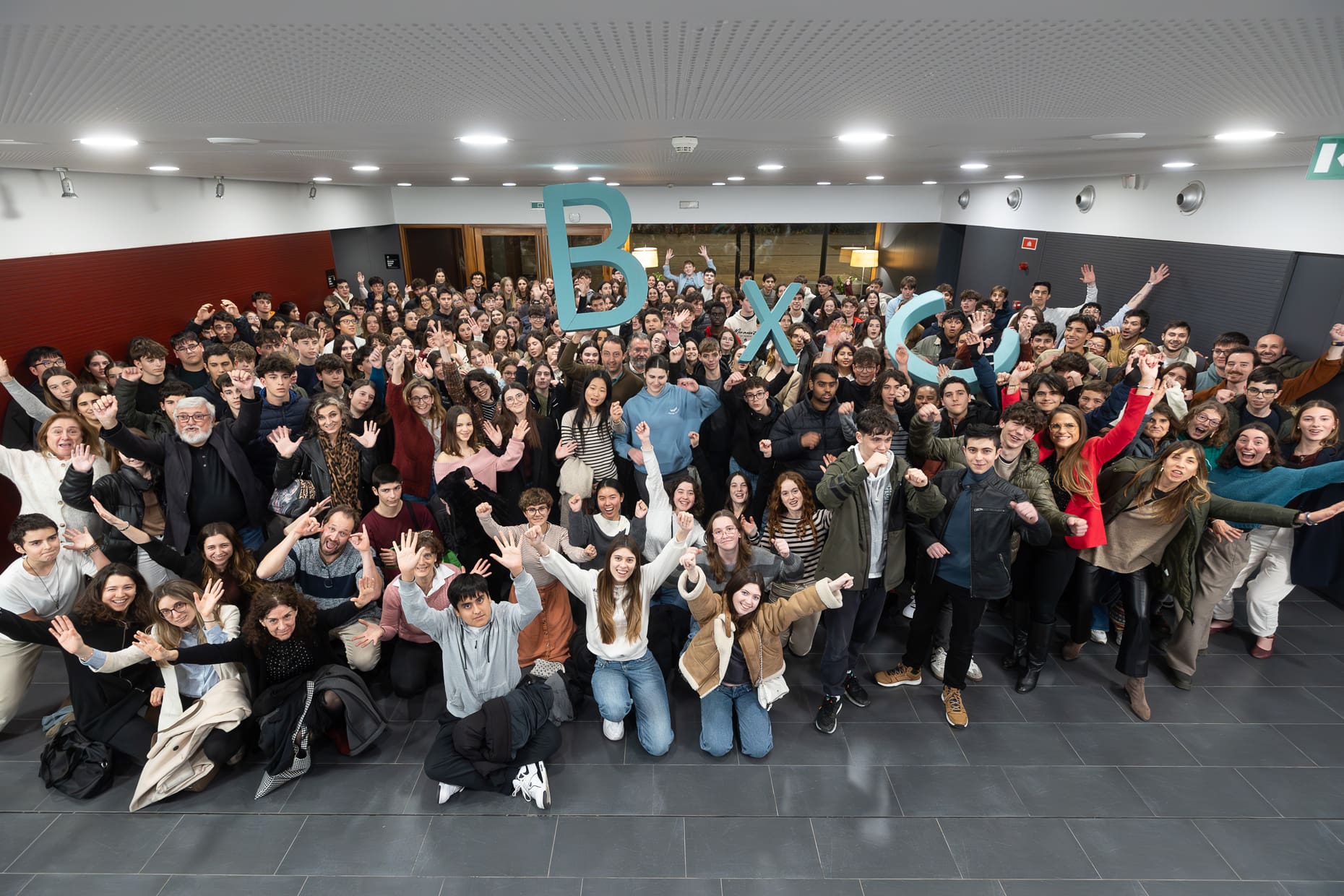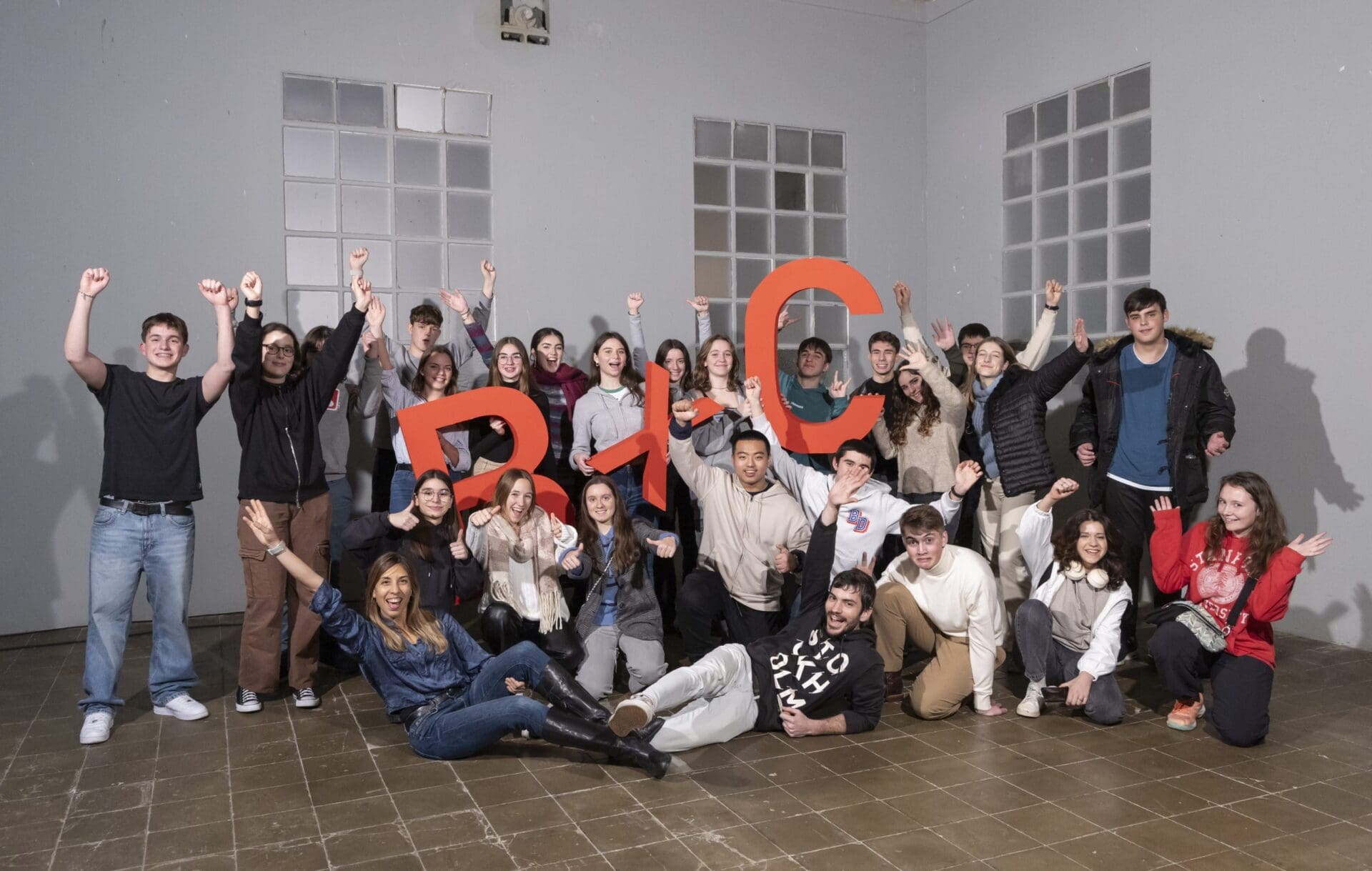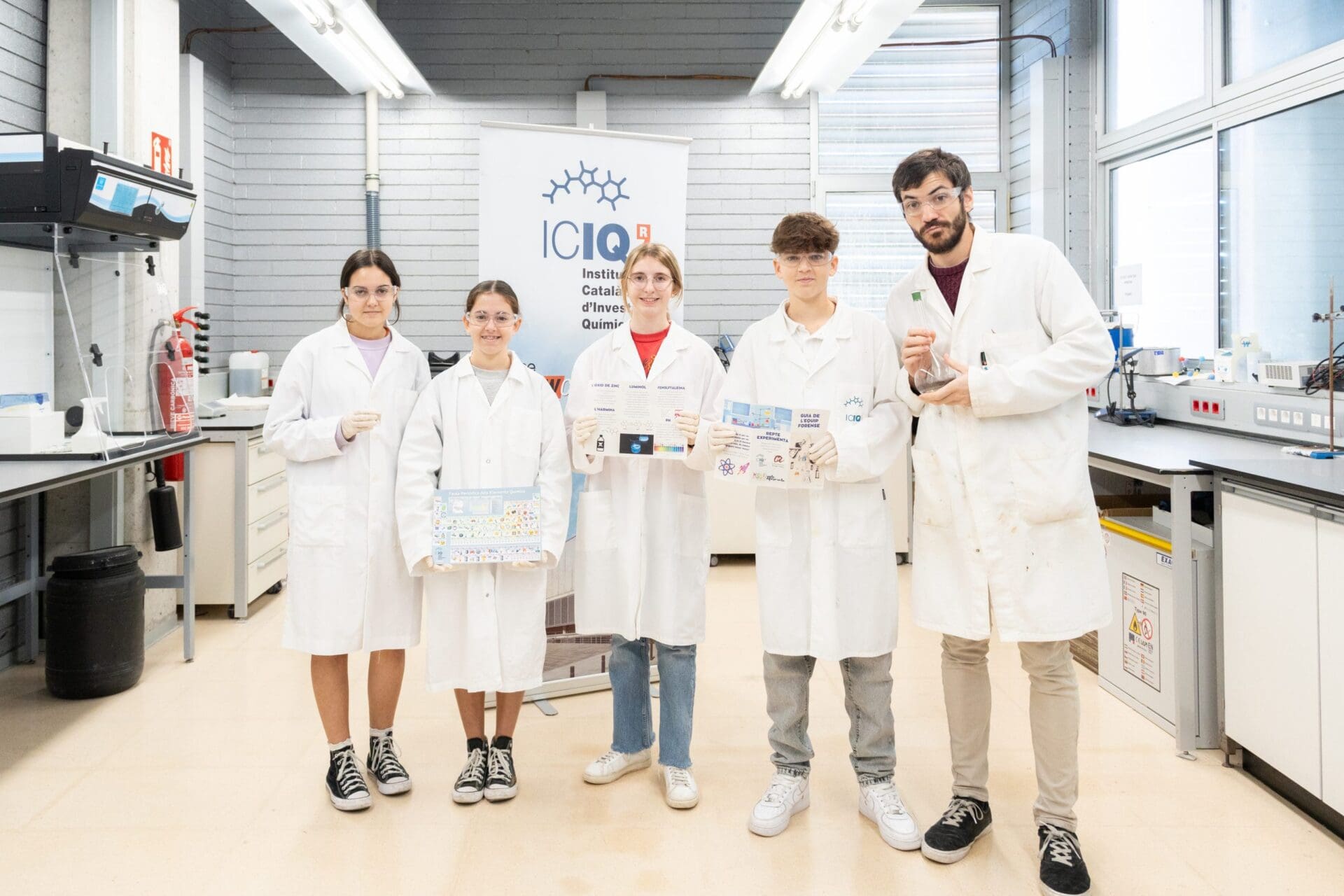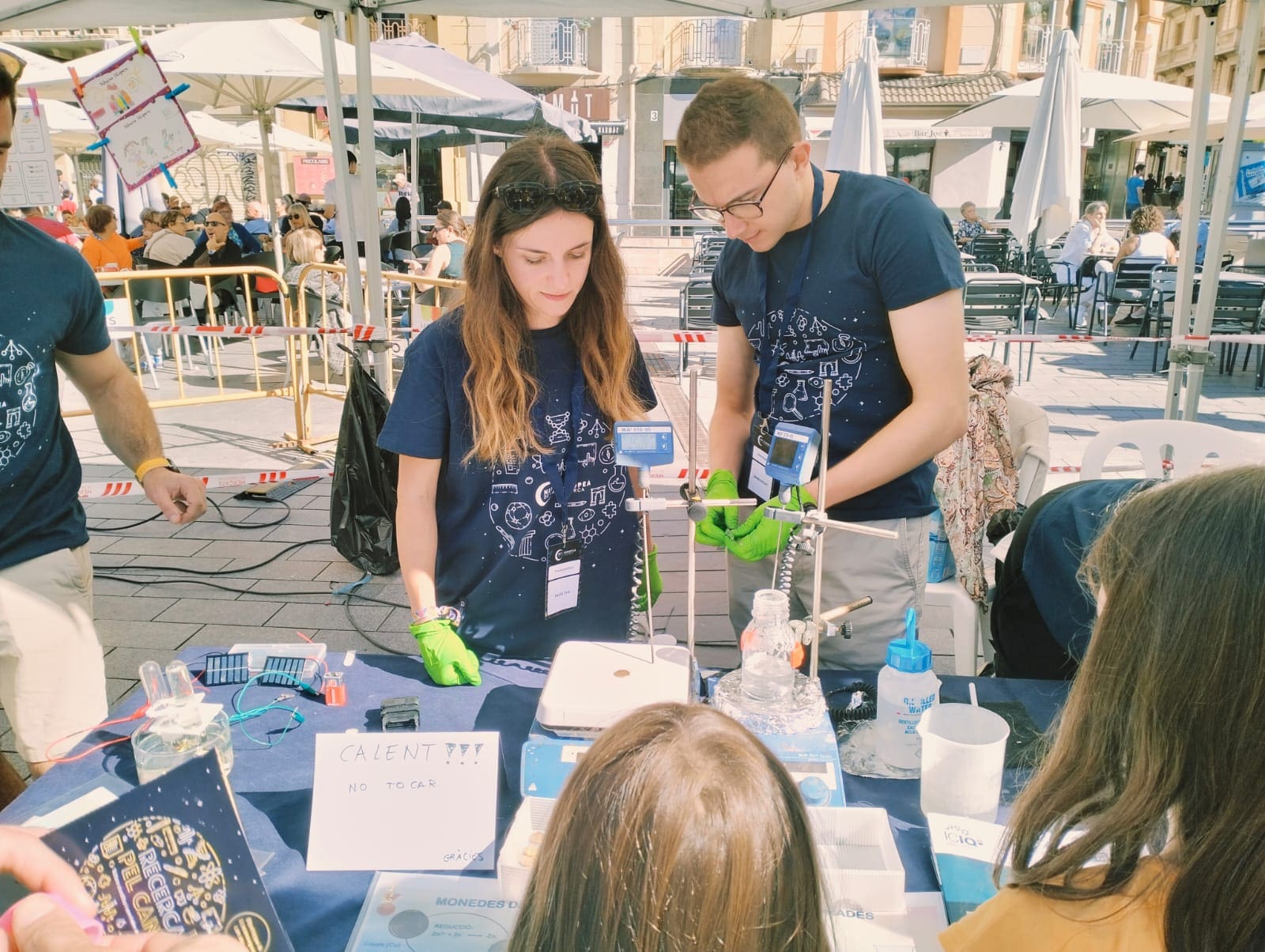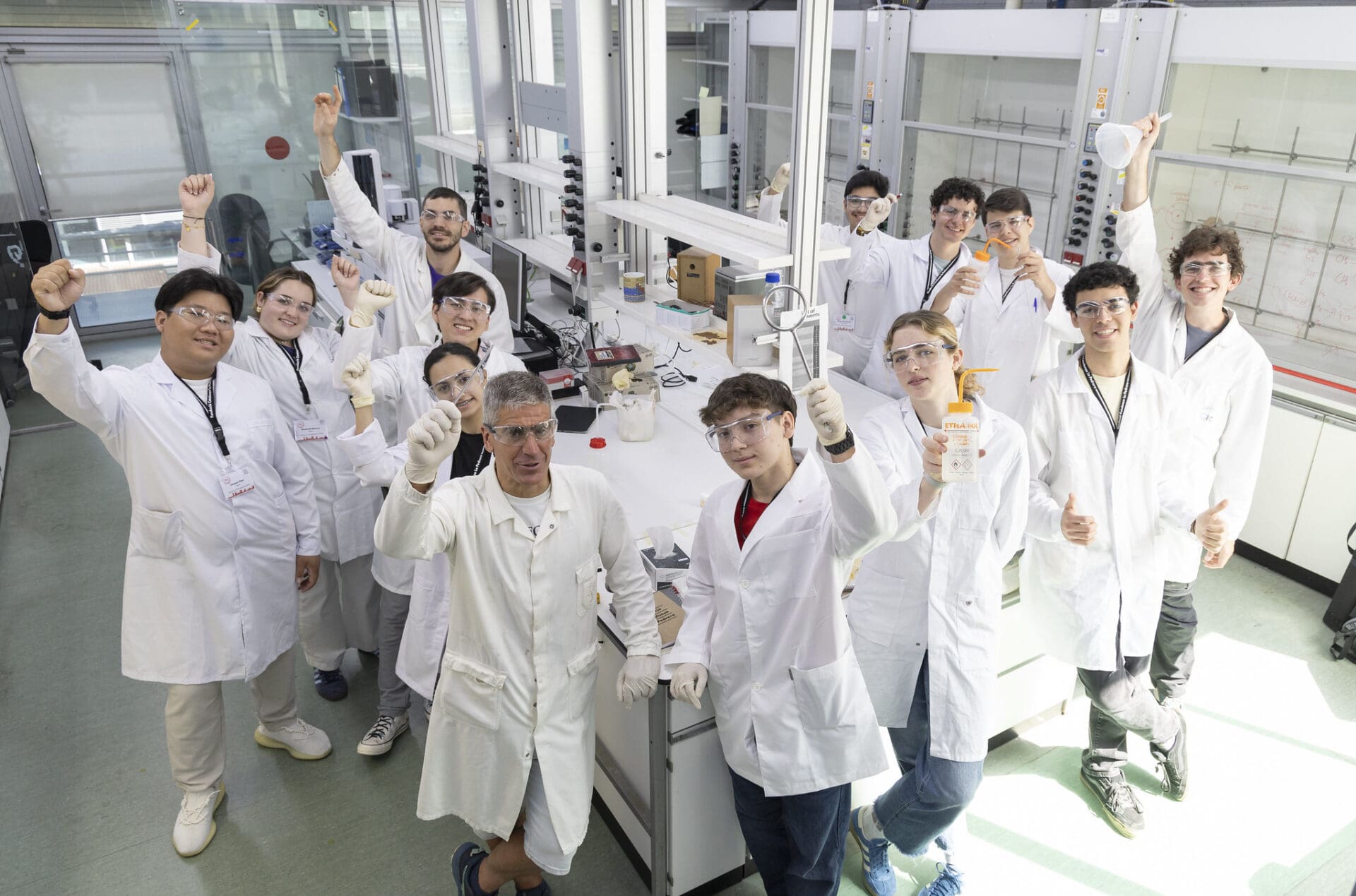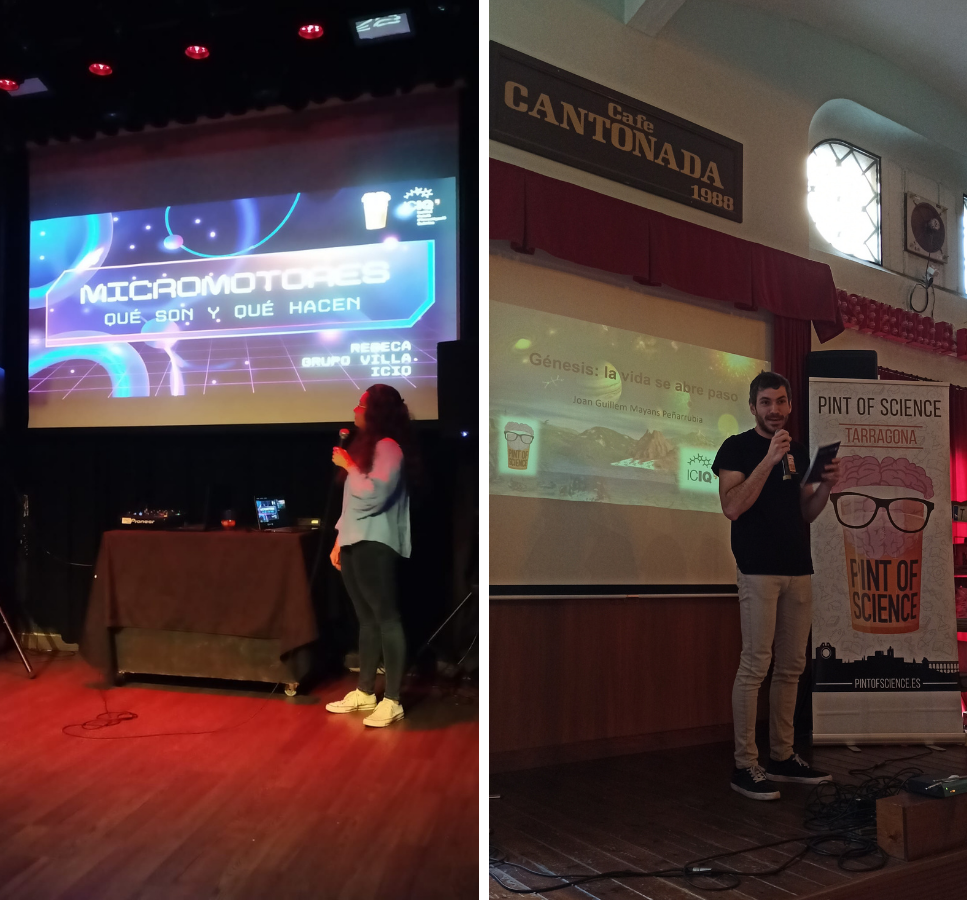Face to Face with David MacMillan
 David MacMillan is James S. McDonnell Distinguished University Professor of Chemistry at Princeton University. His research interests are centred on the field of organic synthesis and catalysis, and inspired by the pursuit of new concepts in synthetic organic chemistry involving organocatalysis, organo-cascade catalysis, metal-mediated catalysis, and the total synthesis of natural products and pharmaceuticals -a high successful collaboration between his group and Merck has been forged to rapidly synthesize and identify novel drug candidates-. He has published more than 100 scientific articles in high impact journals and has received numerous awards and recognitions such as the Ernst Schering Prize for Outstanding Basic Research in the Field of Chemistry (2015) or the Harrison Howe ACS Award in Chemistry (2014). He is scientific consultant of a number of pharmaceutical companies and member of the ICIQ’s Scientific Advisory Board. Last month, he paid us a visit to participate in the Fèlix Serratosa Conference that took place at ICIQ on April 6th, when we had the occasion to interview him.
David MacMillan is James S. McDonnell Distinguished University Professor of Chemistry at Princeton University. His research interests are centred on the field of organic synthesis and catalysis, and inspired by the pursuit of new concepts in synthetic organic chemistry involving organocatalysis, organo-cascade catalysis, metal-mediated catalysis, and the total synthesis of natural products and pharmaceuticals -a high successful collaboration between his group and Merck has been forged to rapidly synthesize and identify novel drug candidates-. He has published more than 100 scientific articles in high impact journals and has received numerous awards and recognitions such as the Ernst Schering Prize for Outstanding Basic Research in the Field of Chemistry (2015) or the Harrison Howe ACS Award in Chemistry (2014). He is scientific consultant of a number of pharmaceutical companies and member of the ICIQ’s Scientific Advisory Board. Last month, he paid us a visit to participate in the Fèlix Serratosa Conference that took place at ICIQ on April 6th, when we had the occasion to interview him.
When did you decide to become a scientist and why?
When I started taking science classes in high-school I found them the most fun. Another reason was the influence of my older brother. But it was mainly because of the fun of understanding the logic of physics and chemistry.
What do you like and enjoy the most in your job as a chemist?
My favourite thing in the whole business of being a chemist is to have a result that is completely different from anything we have done before. In this moment you can imagine all the possibilities opening up in front of you and that’s great. That feeling in science… there’s nothing better.
How do you see the relationship between academia and industry?
I think it’s been strong and it’s getting stronger. What you see now is much better communication between what industry needs and what academia can provide. I think in the future the relationship is going to be stronger as long as industry understands that, in a broad sense, they can define problems that academia can solve.
From your point of view, what are the most important areas in which funding should be spent on?
I think that it is important to fund broadly, to fund basic science as well as applied science and diversify as much as possible.
Could you give a piece of advice to young researchers who want to become excellent researchers in their fields?
I think the easiest advice I can give them is to do what they want to do, not what someone else has told them to do. The other is that although funding agencies and everyone else expect them to take small steps, they should never take small steps. When you take big steps it may take longer for people to catch up with what you are doing but when they catch up they are much more excited about it.
You are part of ICIQ SAB. How do you see science in Spain?
Exceptionally vibrant. Spanish people have an enthusiasm for live in general and when they apply this enthusiasm to chemistry I think is really exciting. Over the last 30 years I have also seen a change from doing good research to be leading new fields. You can see people with very good taste and judgement and they want to be at the forehead.
What do you do in your spare time?
I hang out a lot with my daughter. I’m teaching her how to play golf. She cares a lot for sports.
PROUST QUESTIONNAIRE
A chemical element: Ytterbium.
Favourite scientist: Einstein, because he said that imagination is more important than knowledge and I agree with that idea. Knowledge is ok, but thinking about the future, innovation, creation, that’s everything.
Your favourite invention: The electric car.
If you had not been scientist… also a scientist, a social scientist.
Favourite destination: Hawaii and Dublin.
A book: “1984” by George Orwell.
A movie: “The Shawshank Redemption” and “Forrest Gump”.
A dream: working and living in a place surrounded by people you enjoy
Science is… a treasure hunt
Related news

Let's create a brighter future
Join our team to work with renowned researchers, tackle groundbreaking
projects and contribute to meaningful scientific advancements






 11-02-2025
11-02-2025 